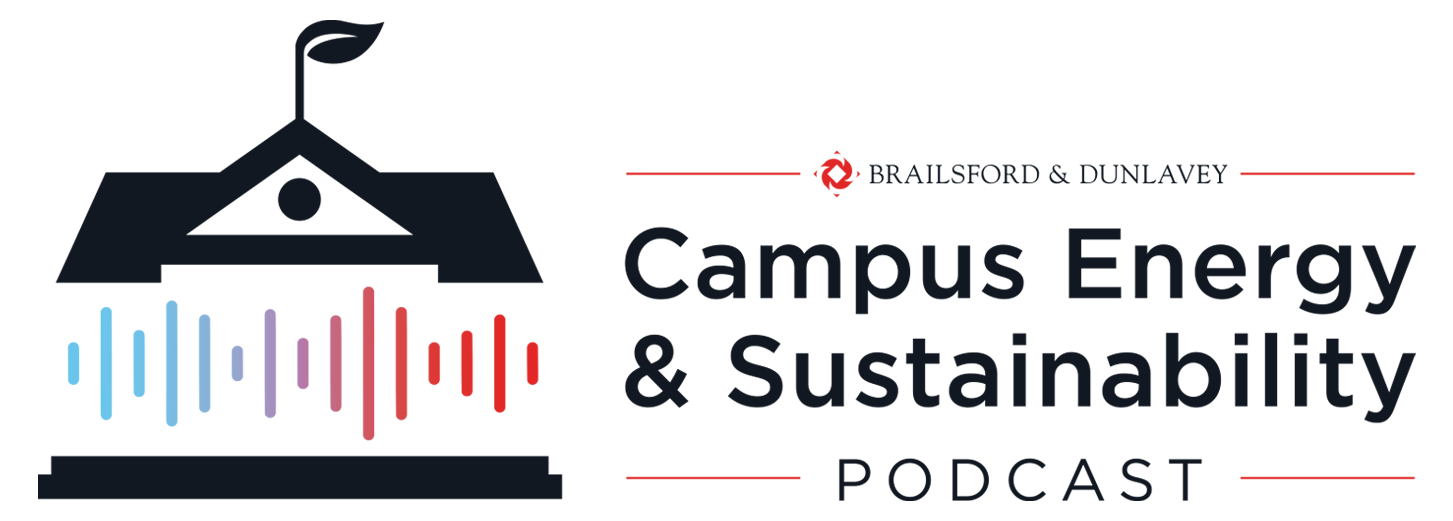Episode 47: From classroom to stadium: the Michigan sustainability model
L-R: The University of Michigan’s Paul Dunlop and Andy Berki. Photos courtesy of the University of Michigan and Second Wave Media.
What does it take to embed sustainability across an entire university—from academic buildings to athletic arenas? In this episode, we sit down with Andy Berki, Director of the Office of Campus Sustainability, and Paul Dunlop, Associate Director of Facility Operations for Michigan Athletics, to explore how the University of Michigan is turning ambitious climate goals into everyday action. From high-impact energy and waste reduction strategies to zero-waste game days at the Big House, Andy and Paul share how Michigan is leading the way in higher education sustainability. Whether you're focused on campus operations, athletics, or institutional strategy, this episode offers real-world insights for creating a culture of sustainability that sticks.
Guests:
Andy Berki
Executive Director of Campus Sustainability
LinkedIn
Paul Dunlop
Associate Athletic Director, Facility Operations
LinkedIn
Host:
Dave Karlsgodt
Director of Energy and Sustainability
Brailsford & Dunlavey
Resources:
Michigan Sports Sustainability
University of Michigan Office of Campus Sustainability
Production Team:
Executive producer and host: Dave Karlsgodt
Producer, sound editor: Kristan Crawford
Producers: Karmela Lejarde, David Almany
Production assistants: Claudia Ahawo, Allison Bruns
Music courtesy of the Gio Washington-Wright Big Band
Episode Transcript:
The following is an AI-generated transcript of this episode and may contain errors or omissions: Transcript



